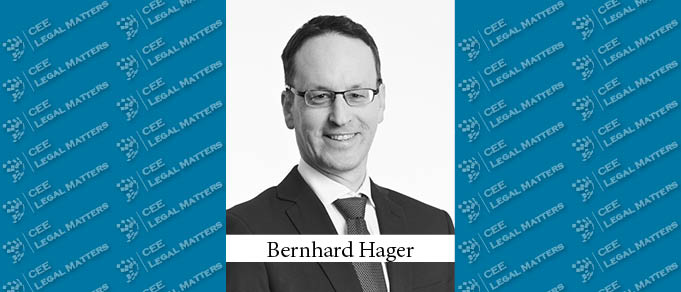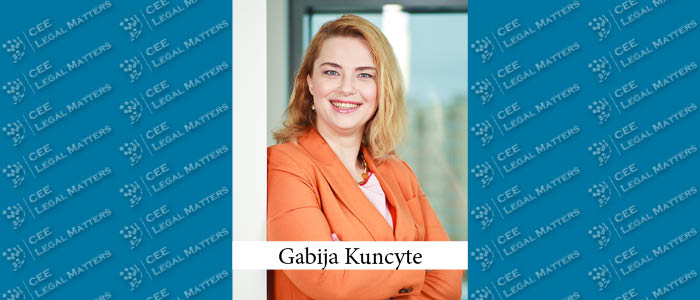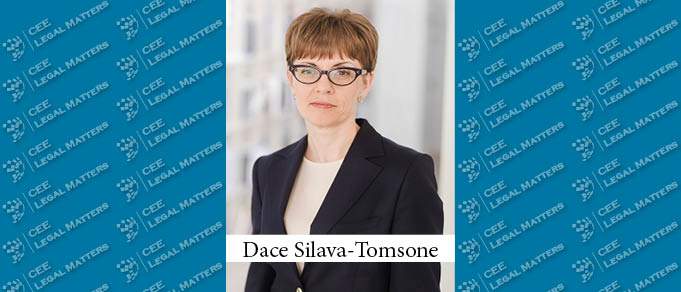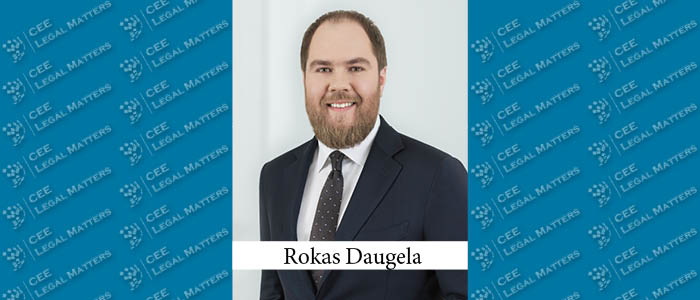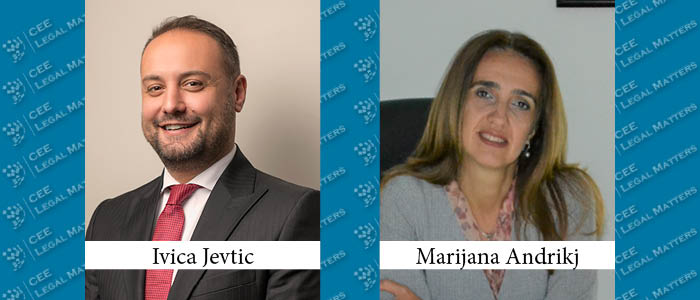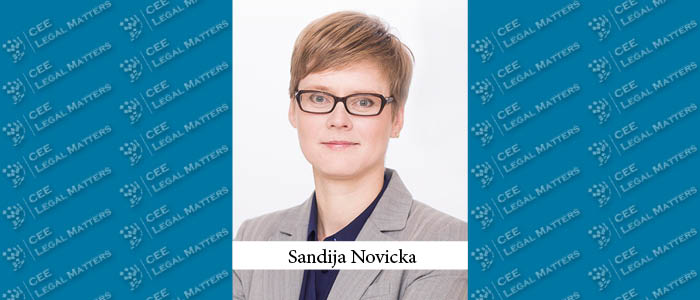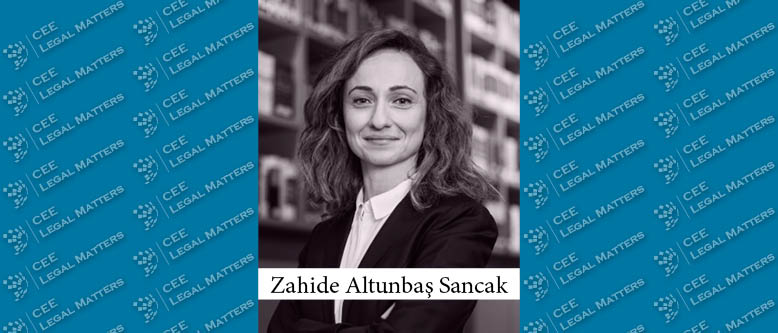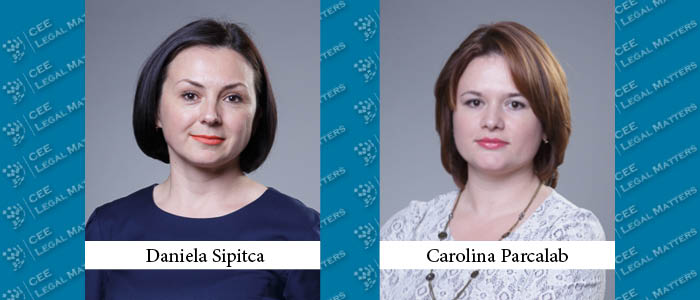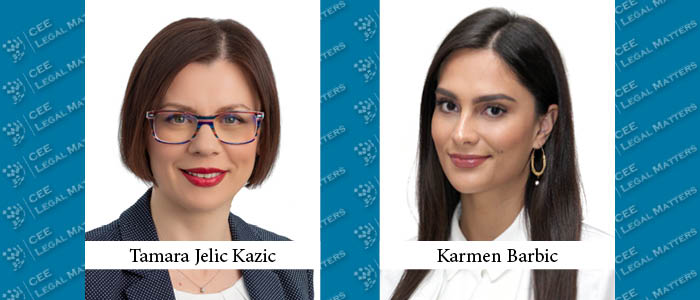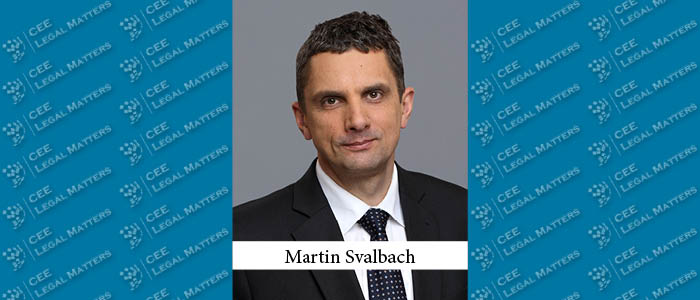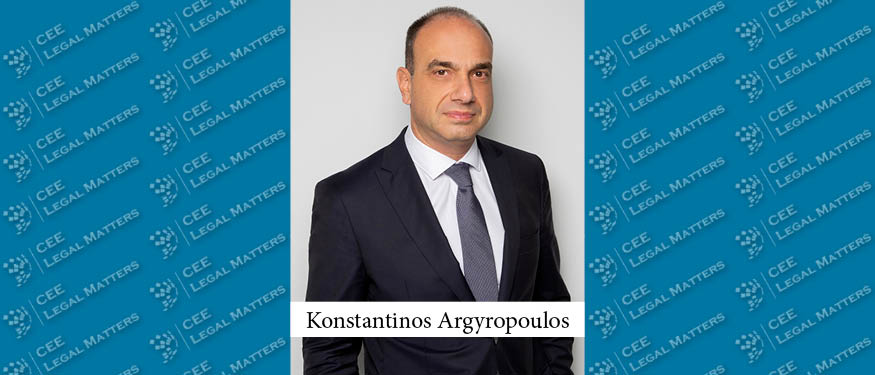CEE Legal Matters invited me to write about “lawyering in CEE.” My “lawyering” in the region started on January 2, 2000, when I was a young graduate working in Vienna for clients with business in the Czech Republic and Slovakia, and soon I was sent to Prague, and Bratislava. Over time, I witnessed not only economic booms and crises and political and economic transformations but also changes in the legal market and how law firms work.
The Inside Track: Parting Ways
In The Inside Track, General Counsels across CEE share the nuances of their roles, challenges, and strategies for success. Given the importance of relationships between in-house legal departments and law firms, this time we asked GCs: What is the most common reason for which you cease working with a specific law firm and what would you suggest firms definitely do to ensure they do not make the same mistake?
The Corner Office: Budget, Budget, Budget
In The Corner Office, we ask Managing Partners at law firms across Central and Eastern Europe about their backgrounds, strategies, and responsibilities. With 2023 marching to an end, we looked ahead and asked about strategies for next year: As the budgeting period is around the corner, compared to 2023, what are the main budgeting lines you expect to increase for 2024 and why?
Charting Scandinavian FDI in the Baltics
Looking into the historical context of Scandinavian foreign direct investment in the Baltic states, TGS Baltic Managing Partner Ivars Grunte, Walless Partner Rolan Jankelevitsh, Ellex Valiunas Partner Ruta Pumputiene, and Klauberg Baltics Managing Partner Theis Klauberg explore the economic and legal ties between the two regions.
Regulating a Revolution: AI-Driven Innovation in CEE and Beyond
With artificial intelligence dominating tech conversations over the last year and with a draft AI Act being looked at by the EU, CMS Partners Dora Petranyi, Gabriela Staber, Klaus Pateter, and Olga Belyakova look at where AI is today and how European legislation might impact its future.
Fintech in Lithuania: A Maturing Market
While Lithuania’s fintech sector has emerged as a European powerhouse, the number of licensed companies has been decreasing, indicating a shift towards a more quality-focused approach. Cobalt Partner Akvile Bosaite, Motieka Head of Financial Services and Compliance Sigita Zavisiene, and Walless Partner Joana Baublyte-Kulviete take stock of the sector.
Inside Insight: Interview with Gabija Kuncyte of Compensa Life Vienna Insurance Group
After several years working for law firms and on major energy projects, Gabija Kuncyte has been with Compensa Life Vienna Insurance Group’s Lithuanian Branch as a Legal and Compliance Officer for over a year and a half. She discusses the evolution of in-house legal positions and the nuances of the legal industry in the Baltic region.
Know Your Lawyer: Dace Silava-Tomsone of Cobalt
An in-depth look at Dace Silava-Tomsone of Cobalt covering her career path, education, and top projects as a lawyer as well as a few insights about her as a manager at work and as a person outside the office.
Lithuania: Proposed Tax Changes Bring Uncertainty Among Taxpayers
Lithuania’s tax system underwent a major overhaul in 2004 when the country joined the European Union. For almost two decades, its evolution has been slow-paced – one could even call it cosmetic.
North Macedonia: The 2022 Draft Tax Reforms
Here, we will look at the draft tax reforms proposed by the Government of the Republic of North Macedonia in 2022 (Tax Reforms) that aims to ensure a fair, efficient, transparent, and modern tax system.
Austria: The Start-Up Promotion Act (Start-Up-Foerderungsgesetz)
At the end of May 2023, the Austrian Ministry of Finance issued a new draft law. The Start-Up Promotion Act is intended to create a new regulation for start-up employee shareholdings that should apply to shares surrendered on or after January 1, 2024.
Romania: The VAT Deduction Right on the Acquisition of Intercompany Services
The VAT deduction right is probably the most important topic in the VAT system of the European Union. This is also confirmed by the jurisprudence of the Court of Justice of the European Union, where it represents the most addressed subject.
Latvia: Changes to the Tax Control System
Amendments to the Latvian Taxes and Duties Law came into effect on June 30, 2023. The aim of these amendments was to enhance the efficiency of the tax control system.
Turkiye: New Tax Considerations for M&A Transactions
Mergers and acquisitions (M&A) transactions are both legally and logistically complex. Tax planning is one of the key aspects in nearly all M&A transactions, especially in cross-border deals, as it can help to minimize the tax burden on both the buyer and the seller. Recent developments in Turkish tax law have introduced some new considerations for those transactions. In particular, the taxation of share premium and the end of tax-exempt corporate spin-off for immovable property will have a significant impact on M&A tax planning, potentially increasing the tax burden for the parties.
Moldova: Incentive Tax Regime Applied to IT Park Residents
The IT sector, which is the most innovative area of the 21st century, requires the most innovative tax approaches. Moldova also considered the specific features that distinguish the IT sector and created a specific incentive tax regime for IT firms. In this regard, Law on Information Technology Parks No. 77 of April 21, 2016, regulates the activity carried out by firms that become IT Park residents and grants them the opportunity to apply for a single tax regime.
Croatia: Are you Ready to Meet the Demands of the World’s First Carbon Border Tax?
The European Union has initiated the world’s first carbon border tax, called the Carbon Border Adjustment Mechanism (CBAM). The CBAM Regulation was ratified by EU co-legislators on May 10, 2023, and became legally effective on May 16, 2023 following its publication in the EU Official Journal.
Serbia: Updates in the Tax System
From personal income tax to compulsory social insurance and punitive measures for tax return submission failures, there is a plethora of tax legislation updates that are critical to stay apprised of in Serbia. Tax novelties are, as usual, numerous and perhaps complex to comprehend for someone who is not well versed in tax issues. However, those devoted to running a successful business can greatly benefit by keeping track of tax updates.
Czech Republic: An Introduction to the Top-Up Tax
The Czech Republic is one of the first countries to have commenced the implementation process of a top-up tax into the tax system. The Czech Top-Up Tax Act is a transposition of an EU Directive (Council Directive 2022/2523 of December 14, 2022) and is based on the OECD BEPS project Pillar Two initiative. It is definitely worth becoming acquainted with the basic principles of this new tax.

